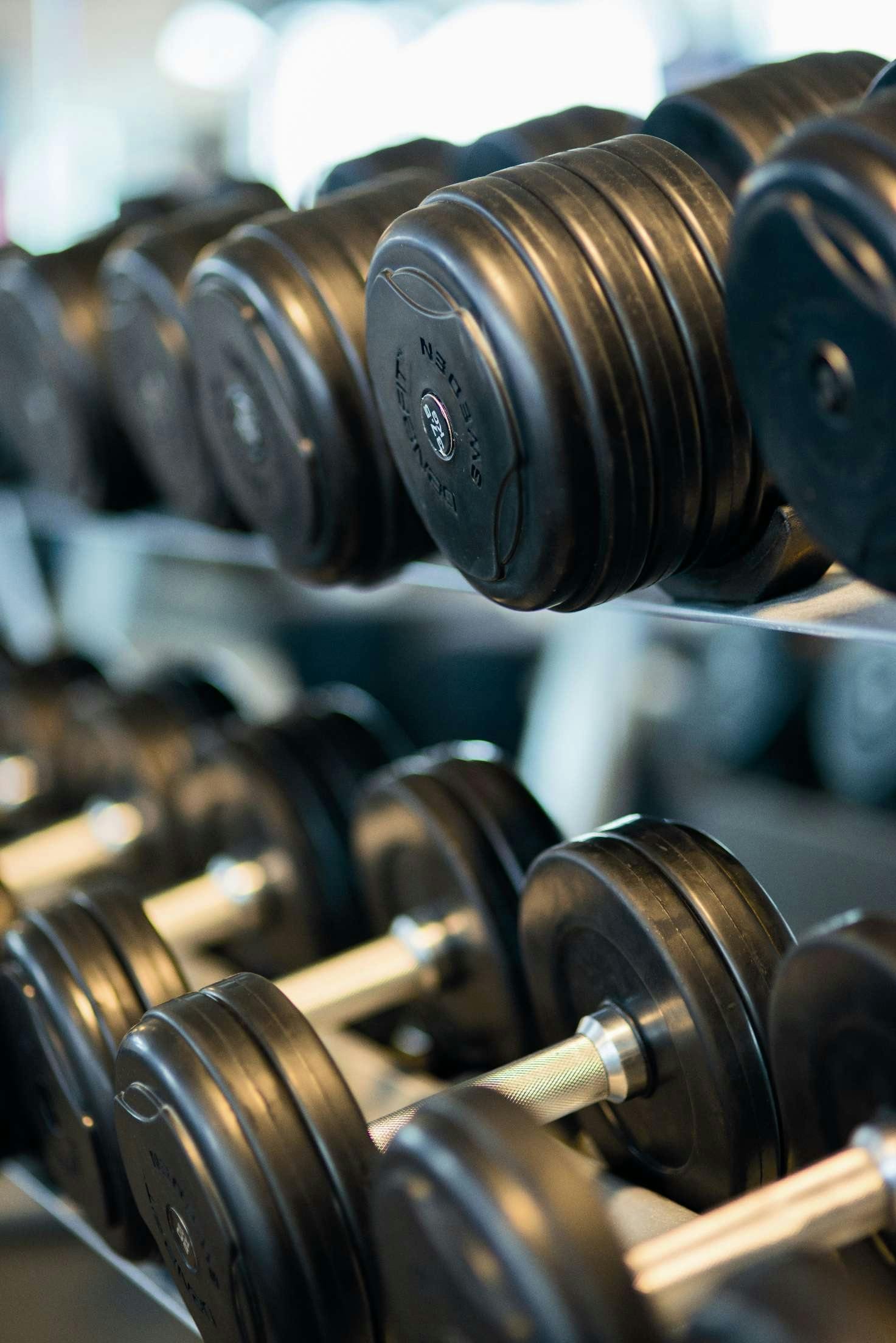Optimizing Muscle Growth While Enjoying Alcohol: 5 Essential Strategies for 2025
For fitness enthusiasts and those aiming for muscle growth, balancing enjoyment and health can be a challenge, especially when alcohol is involved. Understanding how alcohol affects muscle growth and recovery is crucial in crafting an effective fitness and nutrition strategy. Alcohol, despite its potential to impact athletic performance negatively, can still be enjoyed in moderation while working towards your fitness goals. In this article, we will explore the best ways to incorporate alcohol without compromising muscle growth by discussing alcohol metabolism, nutrient timing, hydration strategies, and more. Each strategy is designed to fit seamlessly into your fitness regimen, ensuring you don’t miss out on your social life while also reaching your workout goals.
Throughout the article, we will provide insights on optimizing muscle growth and performance while enjoying alcohol, including practical tips for protein intake, recovery, and training adjustments. Expect expert advice, engaging images, and links to additional resources for a more comprehensive understanding of alcohol’s effects on muscle development and physical performance. Let’s dive in!
Understanding Alcohol’s Impact on Muscle Growth
Before we explore how to enjoy alcohol while still maximizing muscle gain, it’s essential to understand its effects on muscle physiology. Alcohol consumption can inhibit the process of muscle protein synthesis, which is crucial for muscle growth and recovery. Research has shown that alcohol can impair hormonal balances, reducing testosterone levels, an important hormone for building muscle mass.
Alcohol Metabolism and Muscle Protein Synthesis
When alcohol is consumed, the body prioritizes its metabolism, delaying other metabolic processes, including muscle repair. This can lead to reduced effectiveness in recovery efforts post-workout. Moreover, metabolism of alcohol generates by-products that can be toxic, affecting muscle cells’ health. Regular, excessive intake can hinder the physiological adaptations needed for muscle growth, making moderation key.
The Role of Nutrient Timing
To combat the adverse effects of alcohol on muscle growth, nutrient timing becomes crucial. Consuming protein-rich meals or supplements before and after drinking can help mitigate some negative impacts. Aim for high-quality protein sources, like whey shakes or lean meats, to enhance muscle recovery. This strategic placement of nutrients can optimize the anabolic response during the critical recovery window after workouts.
Hydration Strategies
Staying hydrated is vital, especially when drinking alcohol, which is a diuretic and can lead to dehydration. Ensure you drink plenty of water before, during, and after consuming alcohol. Hydration helps maintain performance during workouts and supports recovery processes. Ideally, for every alcoholic drink, match it with a glass of water to mitigate dehydration effects.
Building from this understanding, let’s explore practical ways to enjoy alcohol while still focusing on muscle growth.
Five Essential Strategies for Enjoying Alcohol and Boosting Muscle Growth
1. Opt for Lower-Calorie Alcoholic Beverages
Choosing lower-calorie drinks is a smart way to enjoy alcohol without excessive calorie intake. Light beers, wine, or spirits mixed with calorie-free mixers can help you manage your overall caloric goals while still allowing for social interactions. These choices limit weight gain, which is crucial for achieving a favorable body composition.
2. Maintain a Balanced Diet
Along with your alcohol intake, ensure you’re maintaining a balanced diet rich in proteins, healthy fats, and carbohydrates. Focus on nutrient-dense foods that support muscle recovery and growth. Include more lean proteins such as chicken, fish, legumes, and dairy products to help meet your daily protein goals. This dietary balance will assist in counteracting some negative effects of alcohol.
3. Prioritize Recovery
After consuming alcohol, prioritize recovery strategies to minimize its impact on muscle growth. Ensure you get adequate sleep, as this is when muscle recovery occurs. Also, consider implementing active recovery sessions into your routine, such as light cardio or yoga, which can aid in muscle repair and overall wellness. Recognize that heavy drinking can lead to longer recovery times, so be mindful of timing your drinking with your training schedule.
4. Incorporate Proper Training Techniques
Addressing how and when to train is essential. If you plan on drinking, avoid heavy lifting sessions on those days. Instead, focus on lighter workouts or cardio sessions that won’t require maximal effort. Still, ensure that your training intensity for the week remains high, helping to maintain workout effectiveness despite occasional drinking.
5. Understand Individual Tolerance and Limit Consumption
Finally, personal tolerance levels and moderation are crucial. Track how alcohol impacts your workouts and adjust accordingly. Establish personal limits to avoid any performance drops the following day. Aim to have cheat days or events once or twice a week, promoting a healthy relationship with alcohol without letting it impede your long-term fitness goals.
Having discussed effective strategies, let’s delve deeper into how proper nutrition and recovery practices further enhance muscle growth even when alcohol is part of your lifestyle.
Strategic Recovery After Alcohol Intake
Optimizing Nutrient Intake Post-Workout
Recovery becomes a priority when balancing alcohol consumption with muscle growth. Aiming for post-workout nutrition that is rich in protein and carbohydrates plays a fundamental role. Studies suggest meal composition directly after training, especially including proteins like fish or chicken, can spark muscle repair and growth, maximizing anabolic responses despite previous alcohol intake.
Timing Recovery Meals
The timing of your meals can be significant. Consuming protein within 30 to 60 minutes post-workout can enhance muscle recovery. Implement quick protein sources during this period, such as protein bars or shakes. Addressing nutrient timing can aid muscle recovery, counteracting potential negative impacts of alcohol.
Hydration and Electrolyte Replenishment
Post-exercise hydration helps facilitate recovery as well. Since alcohol can lead to fluid loss, it’s essential to rehydrate appropriately. Incorporate electrolytes—especially sodium and potassium—into your recovery drinks to maintain fluid balance and performance. Hydration strategies can determine how well you recover and prepare for subsequent workouts.
This understanding leads us naturally to explore more about the fitness nutrition concepts crucial for athletes balancing their lifestyle choices and performance.
Fitness Nutrition Concepts for Enhanced Muscle Growth
Essential Macronutrients for Body Composition
A well-defined macronutrient strategy benefits muscle mass and overall body composition. Focus on a suitable balance of proteins, carbohydrates, and fats tailored to your training demands. High-quality protein is paramount for muscle repair and growth, while carbohydrates provide the necessary energy for intense workouts. Healthy fats support hormonal balance and overall health.
Micronutrients Role in Muscle Recovery and Performance
Micronutrients play critical roles in metabolic functions enhancing muscle recovery and performance. Ensure your diet includes various vitamins and minerals, such as vitamin D, magnesium, and zinc. Incorporating fruits and vegetables alongside your meals can mitigate potential micronutrient deficiencies that might arise from alcohol consumption.
The Importance of Tracking Progress
Establishing a systematic approach toward nutrition and performance can help track the relationship between alcohol and muscle growth. Using food journals to note your eating patterns, including alcohol intake and workout effectiveness, can create awareness helping to establish what works best for your specific fitness journey.

FAQs About Alcohol and Muscle Growth
Does drinking alcohol affect weight loss?
Alcohol can hinder weight loss efforts due to its high caloric content and potential for altering metabolic processes. Nevertheless, moderate consumption can fit into a balanced diet if managed correctly.
Is it okay to drink alcohol after a workout?
While recovery is essential, having a drink after a workout can be tolerable. Focus on rehydrating and consuming nutrients before indulging. Ensure any alcoholic intake does not impede your recovery.
How many drinks can I have without losing muscle growth?
Moderation is key, but individual responses vary. Generally, limiting intake to one or two drinks on occasion may not significantly affect muscle growth if accompanied by proper nutritional and recovery strategies.
By understanding the relationship between alcohol and muscle growth, you can enjoy social occasions without sacrificing your fitness aspirations.

Conclusion: Balancing Enjoyment with Fitness Goals
Maintaining a fitness regimen while enjoying alcohol is possible through careful consideration of your choices and habits. By adopting strategic approaches to alcohol consumption, nutrient timing, and personal training adaptations, muscle growth and recovery can still flourish alongside a social lifestyle. Strive for balance, listen to your body, and maintain your fitness goals while enjoying life’s pleasures.
For further reading and insights into fitness and nutrition, check out these additional resources: Fitness Nutrition Concepts and Maximizing Recovery Strategies.
